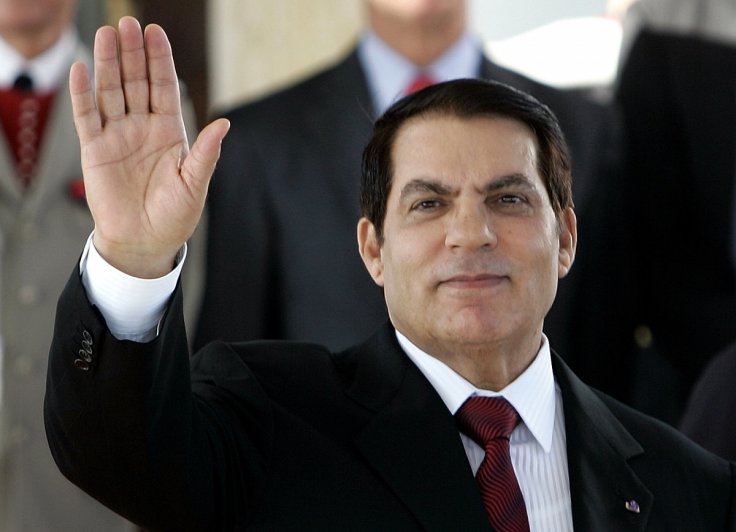Brussels – The European Union (EU) announced on Friday the one-year extension of the economic sanctions imposed on the Former Tunisian President Zine El Abidine Ben Ali, his wife, as well as 46 others.
The approval was granted from EU without any discussions. The resolution will be published in the official gazette of the union on Saturday when it will be applicable, the EU revealed in a statement.
EU member states agreed to freeze the assets and funds of Ben Ali and 48 others in January 2011. They believe “the misappropriation of state funds is depriving the Tunisian people of the benefits of the sustainable development of their economy and society and undermining the spread of democracy.”
Since the introduction of the sanctions, they are being extended on an annual basis. EU also pledged to support Tunisia in accomplishing the democratic transformation process, achieving social development and creating job opportunities.
Tunisia’s President Beji Caid Essebsi visited, at the beginning of January, Brussels on the occasion of the 40th anniversary of signing the first cooperation agreement between the two parties.
Essebsi delivered a speech at the European parliament (EP) where he considered that Tunisia’s succeeding in moving to democracy serves the best interest of Tunisia and Europe as well, hailing the mutual values and interests that link both parties.
For his part, President of EP Martin Schulz called on European tourists to return to Tunisia and demanded member states and European institutions to adopt economic strategies based on confidence, with emphasis on sustaining the tourism sector in Tunisia and directing investments to the educated and active youth there.
Furthermore, EU announced earlier doubling financial assistance to Tunisia to EUR300 million in 2017 to support ongoing reforms
